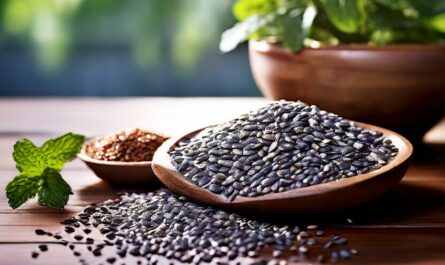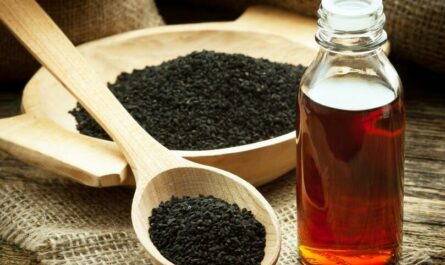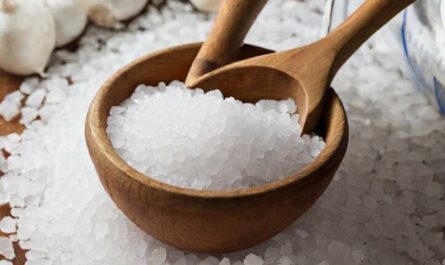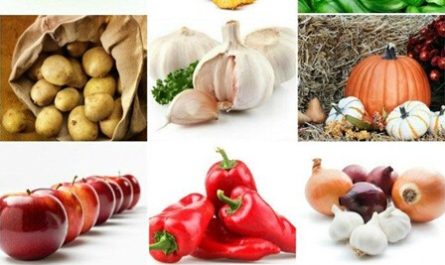The liver plays a vital role in our overall health and well-being. It acts as a filter, detoxifying our bodies by eliminating harmful toxins. However, our modern lifestyles, poor dietary choices, and exposure to environmental pollutants can burden the liver, leading to various health issues. Incorporating specific foods into your diet can make a significant difference to support your liver’s health. This article will explore the top 14 foods that naturally cleanse your liver.
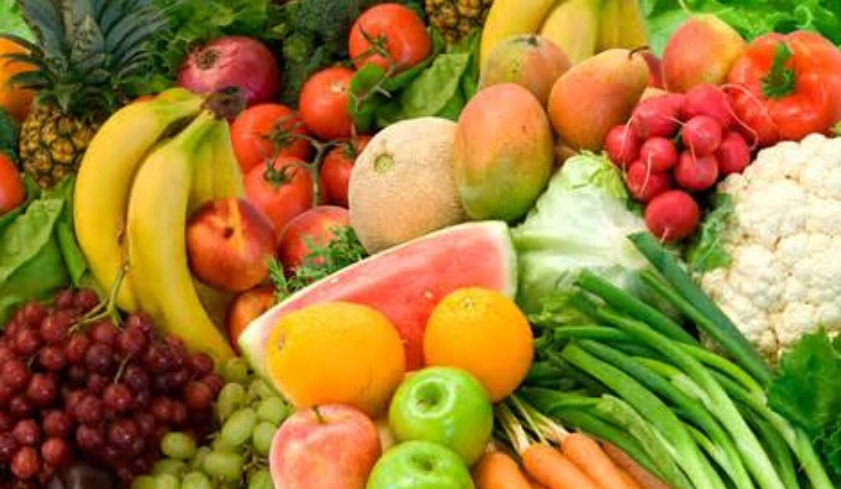
14 Best Foods that Will Cleanse Your Liver Naturally
1. Leafy Greens: Nature’s Liver Cleansers
One of the best ways to support your liver health is by incorporating leafy greens into your diet. LSI Keywords: “benefits of leafy greens,” “best greens for liver health.”
Leafy greens like spinach, kale, and arugula are packed with essential nutrients and antioxidants. These nutrients help neutralize toxins and promote the production of liver enzymes responsible for detoxification.
Additionally, leafy greens are rich in chlorophyll, which aids in the elimination of harmful environmental toxins. Include a variety of leafy greens in your meals to reap their full liver-cleansing benefits.
2. Spinach: A Nutritional Powerhouse
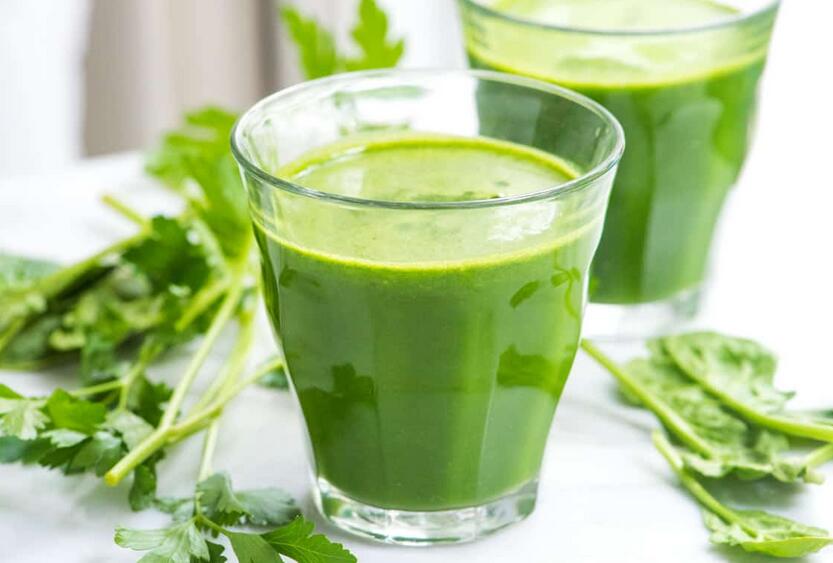
Spinach, a popular leafy green, deserves special mention regarding liver health. Its abundant vitamins, minerals, and antioxidants make it an excellent choice for cleansing and protecting the liver.
Spinach is rich in folate, iron, and vitamins A and C, all of which contribute to optimal liver function. Incorporate spinach into salads, smoothies, or cooked dishes to enjoy its wholesome benefits.
3. Kale: A Superfood for Liver Detoxification
Kale, another nutrient-dense leafy green, offers exceptional support for liver health. Its high content of sulfur compounds aids in liver detoxification processes. Furthermore, kale is a great source of vitamins A, C, and K and minerals like calcium and magnesium. Add kale to your salads, stir-fries, or make delicious kale chips for a tasty, liver-loving snack.
4. Arugula: Peppery and Powerful
With its distinct peppery flavor, Arugula is an excellent addition to your liver-cleansing diet. It contains glucosinolates, compounds that support the liver’s detoxification enzymes.
Arugula is also a good source of fiber, vitamins A and K, and folate. Enjoy the zesty taste of arugula in salads, sandwiches, or use it as a pizza topping for a flavorful twist.
5. Citrus Fruits: Bursting with Liver-Loving Vitamins
Citrus fruits like lemons, grapefruits, and oranges are rich in antioxidants and vitamins that promote liver health. Vitamin C, in particular, plays a vital role in producing glutathione, a compound essential for detoxification.
These fruits also stimulate the liver’s cleansing process, aiding in the breakdown of toxins. Squeeze fresh citrus juices into your water, make flavorful dressings, or enjoy them as a refreshing snack.
6. Lemons: Nature’s Detoxifiers
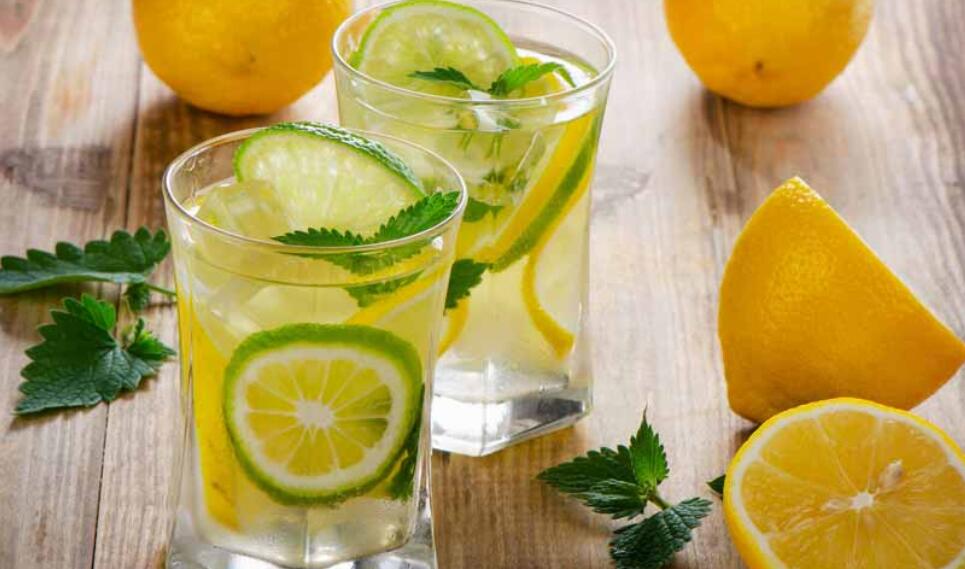
Lemons are a liver’s best friend. Their high vitamin C content supports the production of liver enzymes and enhances detoxification processes. Drinking warm lemon water in the morning can kickstart your day and promote a healthy liver. You can also use lemon juice as a flavorful addition to your dishes and salads.
7. Grapefruits: Tangy and Detoxifying
Grapefruits are not only delicious but also beneficial for liver health. Packed with antioxidants and fiber, they aid in detoxification and reduce inflammation.
Naringenin, a compound found in grapefruits, helps break down fat, further supporting liver function. Enjoy the tangy sweetness of grapefruit as a snack, in salads, or as freshly squeezed juice.
8. Oranges: Refreshing and Rejuvenating
Oranges, with their refreshing taste and high vitamin C content, are an excellent choice for liver health. The citrus limonoids found in oranges have been shown to promote the liver’s detoxification process. Incorporate oranges into your diet as a midday snack, or use their juice as a base for refreshing smoothies.
9. Milk Thistle: The Liver’s Best Companion
Milk thistle is a well-known herb renowned for its liver-protective properties. It contains a compound called silymarin, which acts as a potent antioxidant and aids liver cell regeneration.
Studies have shown that milk thistle can help improve liver function and protect against toxins. You can find milk thistle supplements or drink it as a herbal tea to enjoy its benefits.
10. Dandelion Root: Nature’s Cleanser
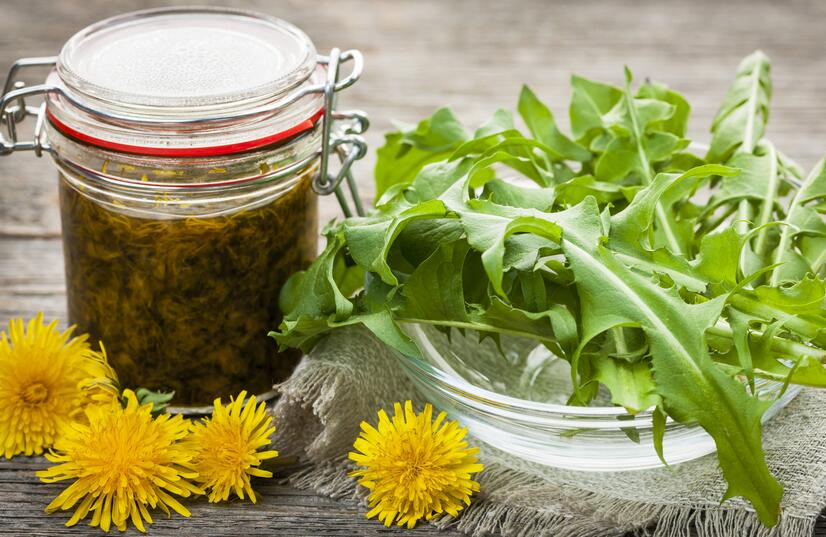
Dandelion root is often considered a common weed, but it possesses impressive liver-cleansing abilities. It stimulates the production of bile, which helps eliminate toxins from the liver.
Dandelion root also supports healthy digestion and acts as a gentle diuretic. You can brew dandelion root tea or find it in supplement form to incorporate into your liver-cleansing routine.
11. Turmeric: The Golden Spice for Liver Health
With its vibrant golden color and potent antioxidant properties, turmeric has been used for centuries in traditional medicine. Its active compound, curcumin, exhibits anti-inflammatory and liver-protective effects. Turmeric can help reduce inflammation in the liver and support its natural detoxification processes. Incorporate turmeric into your meals by adding it to curries, smoothies, or golden milk.
12. Avocado: Creamy Goodness for Your Liver
Avocados are not only delicious but also highly nutritious. They contain healthy fats, vitamins, and antioxidants that promote liver health.
Avocados are a great source of glutathione, a powerful antioxidant that supports liver detoxification. Enjoy avocados as a spread, in salads, or blend them into creamy smoothies for a nutrient-packed treat.
13. Walnuts: Nutty Delights for Liver Protection
With their rich omega-3 fatty acid content, walnuts are an excellent choice for liver health. Omega-3 fatty acids help reduce inflammation and support liver function.
Additionally, walnuts contain arginine, an amino acid that aids in the detoxification of ammonia. Snack on a handful of walnuts or sprinkle them over salads and oatmeal to reap their liver-protective benefits.
14. Blueberries: Antioxidant Powerhouses
Blueberries are bursting with antioxidants to help combat oxidative stress and protect the liver. These tiny fruits contain anthocyanins, which have been shown to reduce inflammation and support liver health. Enjoy blueberries as a snack, add them to smoothies, or use them as a topping for yogurt or oatmeal.
FAQs
1. Are these liver-cleansing foods suitable for everyone?
While the foods mentioned in this article generally benefit liver health, individual dietary needs may vary. It is advisable to consult with a healthcare professional or a registered dietitian before making significant changes to your diet, especially if you have specific health conditions or are on medication.
2. Can liver-cleansing foods replace medical treatment for liver diseases?
Liver-cleansing foods are a supportive measure for maintaining liver health and promoting detoxification. However, they are not intended to replace medical treatment for liver diseases. If you have a liver condition or suspect any liver-related issues, seeking medical advice for proper diagnosis and treatment is crucial.
3. Can these liver-cleansing foods help with weight loss?
Some liver-cleansing foods, such as leafy greens and citrus fruits, are low in calories and high in fiber, which can support weight loss efforts. However, it is important to note that sustainable weight loss requires a comprehensive approach, including a balanced diet, regular physical activity, and overall lifestyle changes.
4. Are there any side effects of consuming liver-cleansing foods?
Generally, liver-cleansing foods are safe and well-tolerated by most individuals. However, some people may experience mild digestive discomfort, such as bloating or gas, when consuming certain foods. If you notice any adverse reactions, you should listen to your body and adjust accordingly.
5. Can liver-cleansing foods improve skin health?
Yes, liver-cleansing foods can contribute to better skin health. When the liver is functioning optimally and effectively detoxifying the body, it can positively impact the skin’s appearance. By incorporating these foods into your diet, you may experience improved skin clarity and a more radiant complexion.
Conclusion
A healthy liver is crucial for overall well-being and vitality. By incorporating the 14 foods mentioned in this article into your diet, you can naturally cleanse and support your liver’s detoxification processes. Remember to consult with a healthcare professional if you have specific health conditions.

